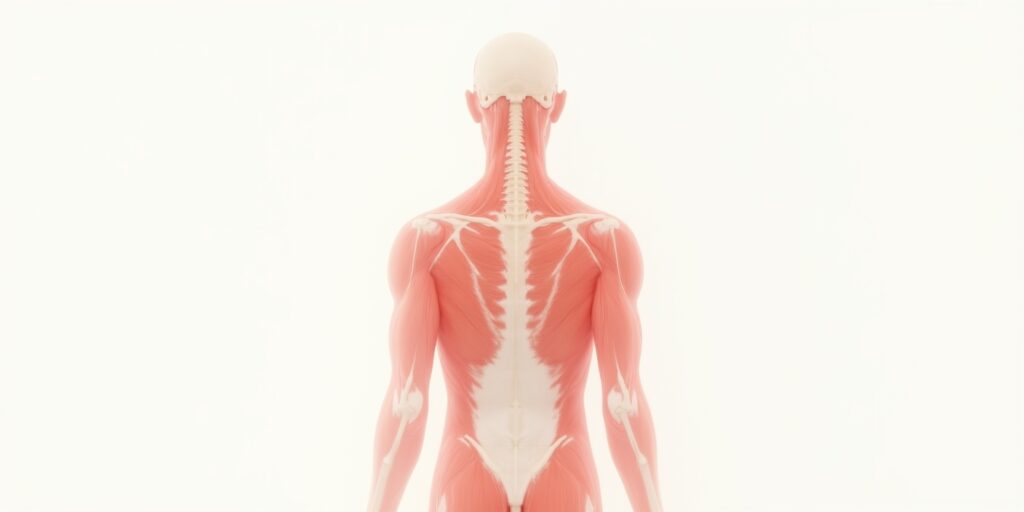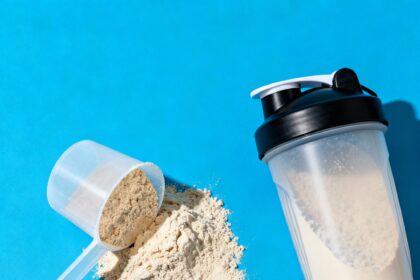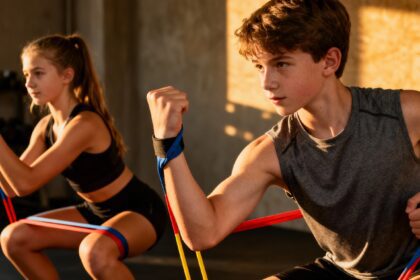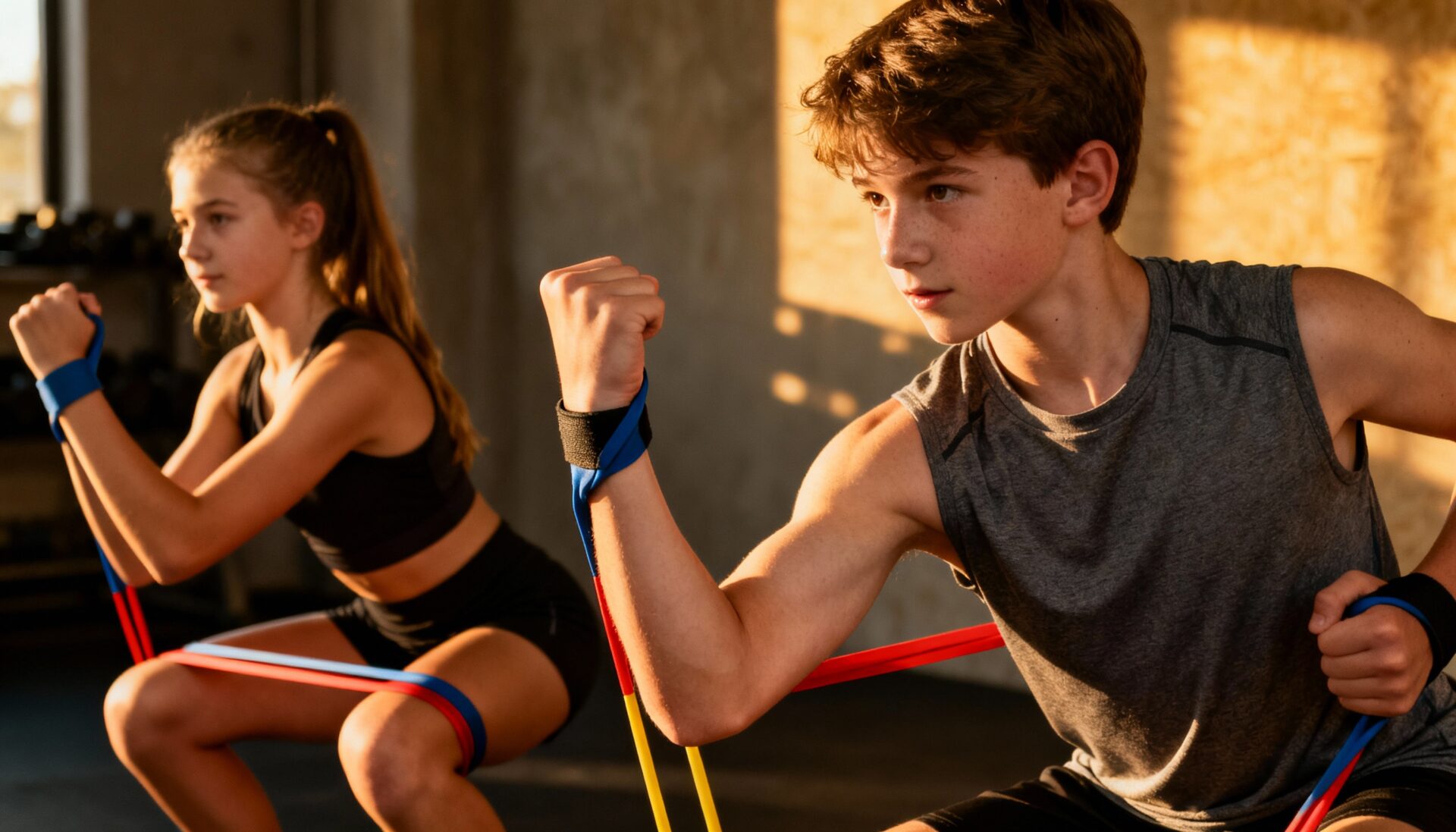By Mustafa Hajwel
The Challenge of Muscle Fatigue in Training
Common advice offered to athletes is that they should train regularly because continuous practice is typically associated with enhancing perfection. However, there are several factors that can influence an athlete’s training. Some elements may be obvious while others are not. For instance, some athletes experience extreme fatigue during training that may hinder them from achieving their training goals.
It’s crucial to be aware of the strategies to employ during training to ensure they do not experience extreme fatigue. Whether an athlete is training for the first time or has already become a professional, fatigue is inevitable. The goal is to develop muscular endurance while training.
The challenge includes observing the required nutrition plan, eating schedules, adequate hydration, rest/recovery, body mechanics, and body endurance.
Nutrition and Muscle Fatigue Prevention
Athletes need to maintain a well-balanced diet that includes carbohydrates, fruits, vegetables, and complex proteins. This recommendation is necessary to strengthen the muscles and equip an athlete with adequate energy that will sustain them through training. According to a 2021 study, athletes need greater amounts of energy to support their rigorous training.
The study recommended that an intake of 3 to 10g of carbohydrates per kilogram of body weight per day is advisable. However, this recommendation is not the standard of carbohydrates required for all athletes. The specific amount of carbohydrate depends upon the duration, intensity, and frequency of training. Concerning proteins, the study recommended that 1.2 to 2.0g of protein per kg body weight per day is advisable. And for fats, 20 to 35 per cent of total calories were recommended.
Another related aspect of nutrition for preventing muscle fatigue are the intake of minerals and vitamins. Athletes are expected to meet the DRI for all minerals and vitamins. However, the amount must be based on the diet that an athlete consumes consistently.

The Importance of Eating Schedules
Before any training, athletes are often advised to take their meals two hours before the training sessions. According to a 2021 study, the meals should be accompanied by water. This will help the meals relieve hunger, provide the athlete with enough energy, while water helps with hydration.
The meals should contain high levels of carbohydrates for energy, moderate levels of proteins and low levels of fat and fibre. The eating schedule recommended two hours before the training is essential because athletes should not train on either an empty or full stomach. “Training hungry” may tend to have athletes experience fatigue quickly as the training begins.
Training immediately after eating will also make them feel lethargic and unable to exercise with correct form. The two-hour period allows the food to repair the muscles and provide adequate energy that will support the training without experiencing excessive fatigue.
Hydration and Its Role in Reducing Fatigue
Adequate hydration is another factor that can reduce the likelihood of muscle fatigue during exercise. Consuming water throughout the day is recommended because it prevents dehydration, muscle fatigue, and electrolyte loss. Research from 2021 concluded that dehydration had a significant impact on the strength and power output of an athlete.
The researchers found that dehydration often causes a reduction in muscle strength, power, while increasing the likelihood of experiencing muscle fatigue earlier in high-intensity exercises. From their research, hypo-hydration caused muscle strength to fall by 5.5 ± 1.0% (p < 0.05), while anaerobic power also fell by (-5.8 ± 2.3%).
This study suggested that there may be a direct relationship between water deficits and an athlete’s ability to generate both upper and lower body anaerobic power. Training while in a state of optimal hydration is advised. Performance is optimized by ensuring muscles are strong enough to sustain them through the workout, and the likelihood of experiencing muscle fatigue is minimized.
Building Endurance to Minimize Fatigue
Being aware of how to improve endurance is also a crucial factor in reducing muscle fatigue. Endurance determines an athletes’ ability to compete over a greater duration. As an athlete’s respiratory muscles begin to experience fatigue, oxygen is redirected from the muscles of the limbs to muscles of the diaphragm. To improve endurance, athletes should increase their aerobic workouts accompanied by some interval training.
According to a 2022 study, maximal aerobic power (VO2max) is one of the factors that determine endurance performance, and it may be improved through either continuous training or interval training approaches. According to the study, athletes can engage in continuous training to improve endurance by exercising for longer durations that involve sub-maximal exercises. Athletes can also engage in High Intensity Interval Training (HIIT) which involves repeated higher intensity exercises for a shorter duration interspersed with periods of recovery.
Interval training has been found to be more effective in developing endurance when compared to continuous training. So, it is recommended that athletes engage in more interval training. It can help them overcome fatigue during training while also achieving muscular strength. As athletes participate in this training, they can withstand higher intensity exercises.
Extreme fatigue is unlikely since the muscles adapt to the intensity of training. Besides, with brief intervals of recovery between the training bouts, extreme fatigue is also minimized. Athletes may use this approach to achieve both muscular strength and training endurance.

Body Mechanics and Training Efficiency
Body mechanics are also studied to reduce extreme fatigue during training. Emphasis is placed on the use of proper body form during training. With these techniques, an athlete should pay close attention to their muscle imbalances and any movements that may feel awkward and may contribute to muscle fatigue.
Athletes should have a regular stretching regimen to achieve the necessary muscle strength and flexibility according to a 2017 study. Based on this 2017 study, correct posture and balance control are essential in many athletic skills. Failure to identify the correct posture and balance could result in fatiguing quickly.
Athletes should work with their trainers to determine which movements and postures will enable them to avoid the rapid onset of muscle fatigue.
Rest and Recovery for Optimal Performance
Rest and recovery are also factors that are often underestimated. Athletes are expected to engage in a complete warm-up or cool down for approximately 10 minutes every time they train. They must start their training slowly and increase the intensity gradually so muscles can gradually withstand more intense workouts over time.
Taking short breaks in-between the training sessions is recommended when the body experiences fatigue after a training session. Taking rest and allowing recovery is important either before training or during the training sessions, according to a 2022 study. From 2021 research, rest and recovery for athletes does not simply entail refraining from training.
Getting adequate sleep has been shown to prevent fatigue for the next training. According to the 2021 study, sufficient sleep is crucial because it enhances muscle recovery and prevents cognitive exhaustion. The study suggested athletes cannot function efficiently if they are also experiencing extreme psychological fatigue. Adequate sleep can prepare an athlete for the next exercise if they have achieved full recovery.
The Link Between Training and Competition Performance
How an athlete performs during the training contributes significantly to their actual performance during competition. During training sessions, it’s important that all factors that may determine the success during competitions are taken into consideration. The various recommendations provided above can help athletes during training.
The more athletes avoid extreme muscle fatigue during training, the more they are likely to excel in competition. Hopefully they will adapt to intense activities and will have trained for muscular endurance. As a result, they will be more likely to withstand the intensity required during competitions.
References
Brachman, A., & et.al. (2017). Balance Training Programs in Athletes – a Systematic Review. Journal of Human Kinetics, 58, 45-64. doi: 10.1515/hukin-2017-0088
Doherty, R., & et.al. (2021). The Sleep and Recovery Practices of Athletes. Nutrients, 13(4), 1330. doi: 10.3390/nu13041330
Dunford, M., & Doyle, A. (2021). Nutrition for Sport and Exercise (5th ed.). Cengage Learning.
Jones, T., Hayes, P., & McGawley, K. (2022). Interval Training Methods in Endurance Sports: Integrating Science and Practice . Frontiers in Physiology. https://www.frontiersin.org/research-topics/28453/interval-training-methods-in-endurance-sports-integrating-science-and-practice
Judge, L., & et.al. (2021). Hydration to Maximize Performance and Recovery: Knowledge, Attitudes, and Behaviors Among Collegiate Track and Field Throwers. Journal of Human Kinetics, 79, 111-122. doi: 10.2478/hukin-2021-0065







































